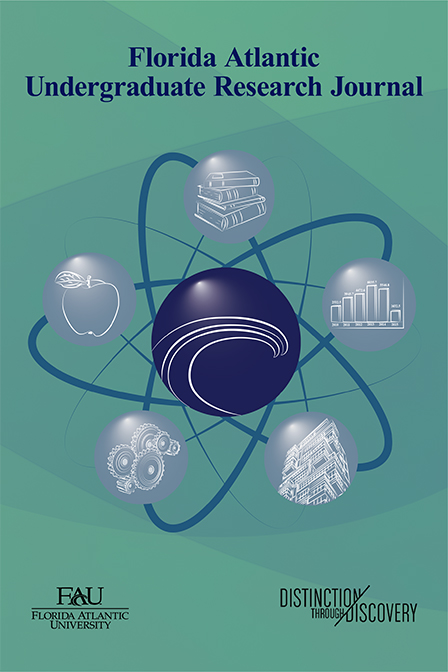Methionine Sulfoxide Reductase Expression in Response to Anoxic Stress Conditions in D. melanogaster
Abstract
Anoxia is condition of oxygen deprivation. Thousands of human deaths each year are attributed
to events of induced anoxic conditions – ischemic strokes and heart attacks being the most
numerous. But whereas mammals poorly tolerate anoxic stress, D. melanogaster endures hours
of anoxia with no apparent problems. In response to anoxia, flies suppress overall energy levels
and enter protective comma - spreading depression. Animals recover from comma after being
returned to normal oxygen levels. Period following reintroduction of oxygen is characterized
by overabundance of Reactive Oxygen Species (ROS), which oxidize vital molecules in cells.
Methionine is exceptionally susceptible to oxidation by ROS, but can be catalytically restored by
enzyme Methionine Sulfoxide Reductase (Msr). Currently, little is known about the relationship
between Msr activity and recovery from anoxic stress in Drosophila. Expression of Msr genes in
response to anoxia is the subject of this study. We use anoxia chamber to induce comma in flies,
followed by Drosophila Activity Monitor to record recovery times. Our results show, that single
mutant knockout flies do not take significantly longer than wildtype flies to recover from spreading
depression. However, double mutants take significantly longer to recover and a greater number
of Msr-deficient flies die as a result of anoxia. Failure to recover from anoxia becomes more
pronounced as animals approach senescence. Protein oxidation levels are significantly increased
in post-anoxic Msr double-mutant flies in comparison to wildtype animals. These studies offer
insight into the role of oxidative damage during reperfusion period following cardiac stroke.


